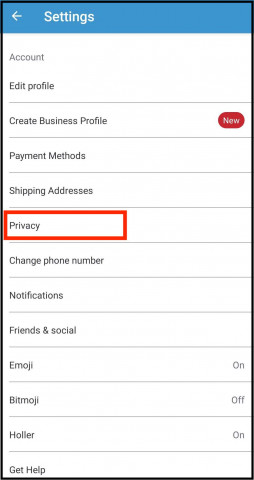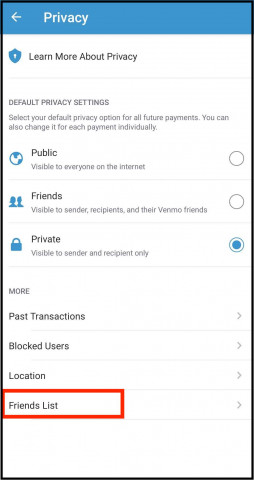
#BroadbandForAll is not only about online connectivity but it's also a job creator! It's a needed solution across sectors that impacts our health, education, jobs, and even remote family visits with elders. @CAGovernor @Rendon63rd @SenToniAtkins @NancySkinnerCA #BroadbandCantWait
In California, Gov. Newsom proposed $7B for broadband that the legislature should vote into action now to start closing the digital divide. We don't have time to waste anymore. #BroadbandForAll #CABudget #BroadbandCantWait @CAGovernor @Rendon63rd @SenToniAtkins @NancySkinnerCA
Sacramento set aside $7B to build high capacity broadband infrastructure for all, but might vote tomorrow to "think it over." CA's largest 5 foundations @calfund @TSFF @siliconvalleycf @sd_fdn @eastbaycf support entire investment w/out delay #BroadbandForAll #BroadbandCantWait
13 mayors of CA's largest cities support moving fwd with $7B. RT if you agree w/ putting $7B for vote & into action NOW. #SanJose #LA #SanDiego #SF #Fresno #Sacramento #LongBeach #Oakland #Bakersfield #Anaheim #SantaAna #Riverside #Stockton #Broadbandforall
• • •
Missing some Tweet in this thread? You can try to
force a refresh












